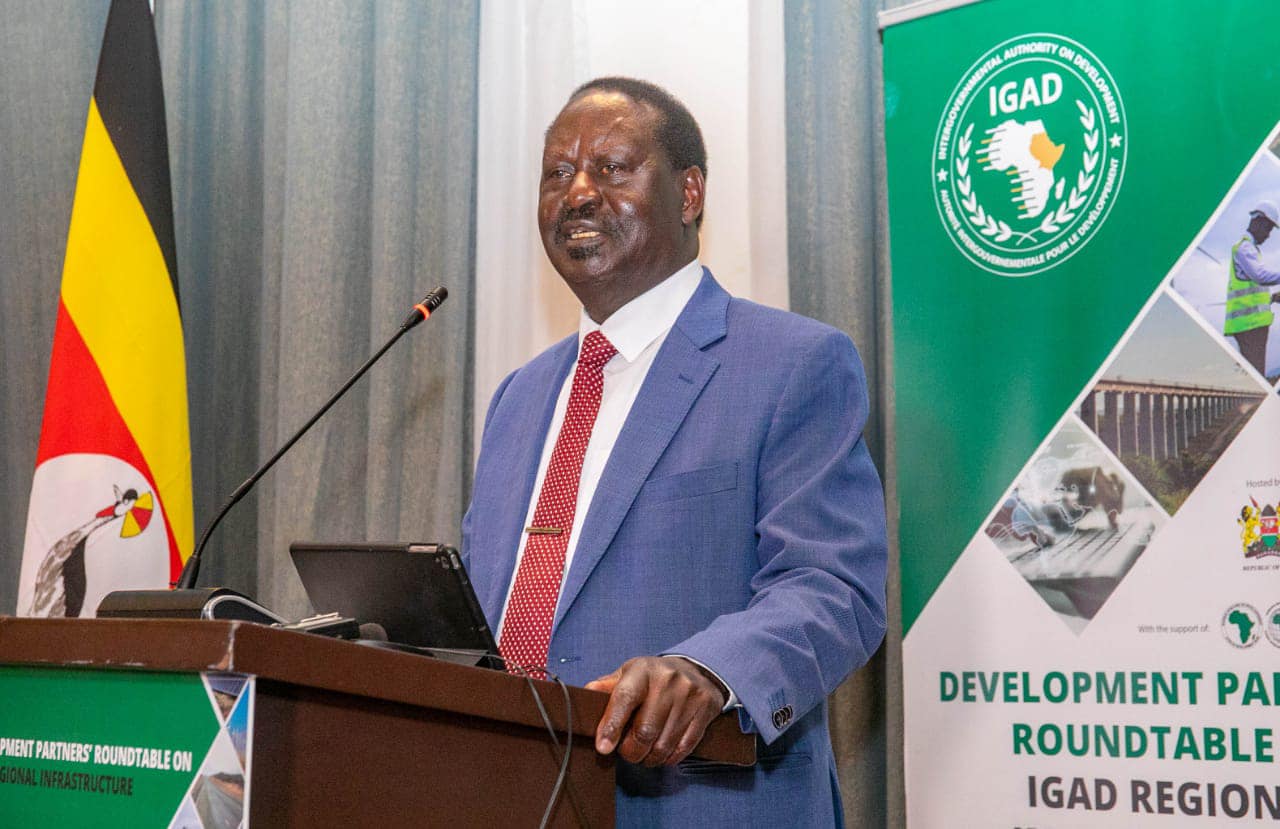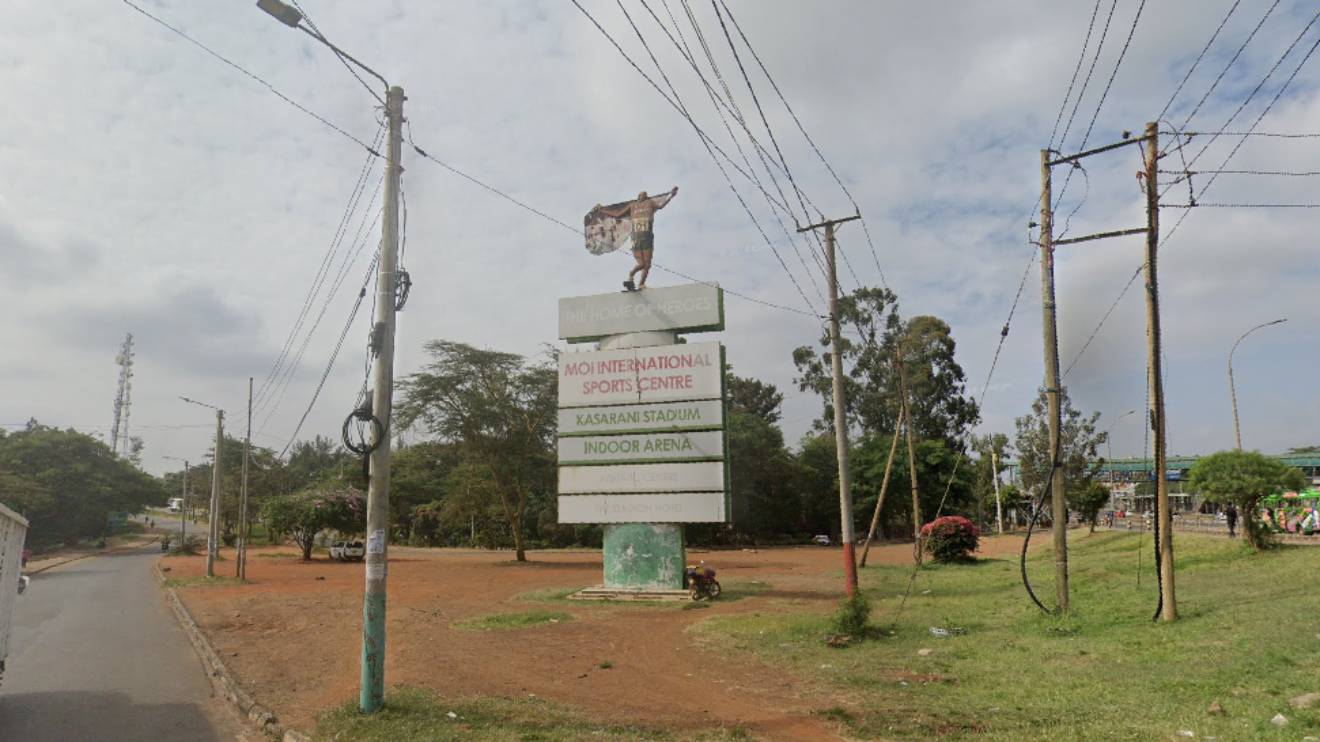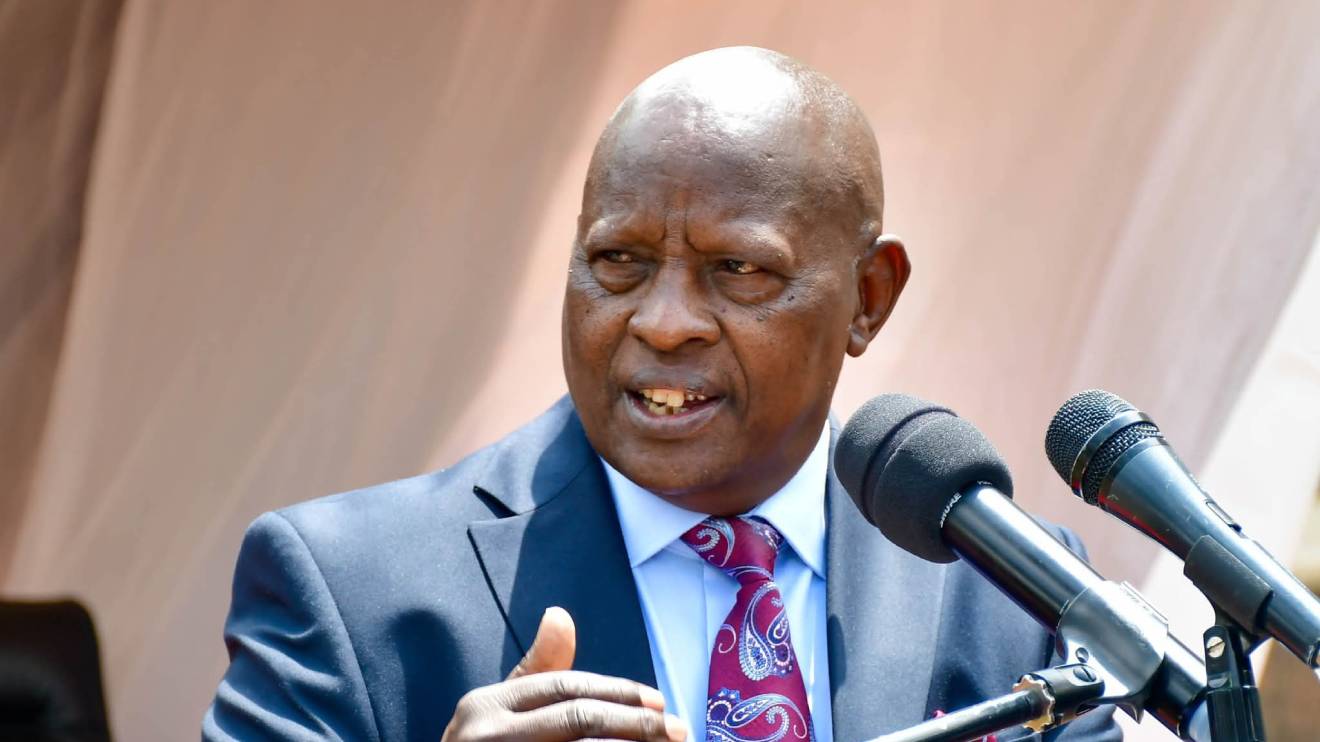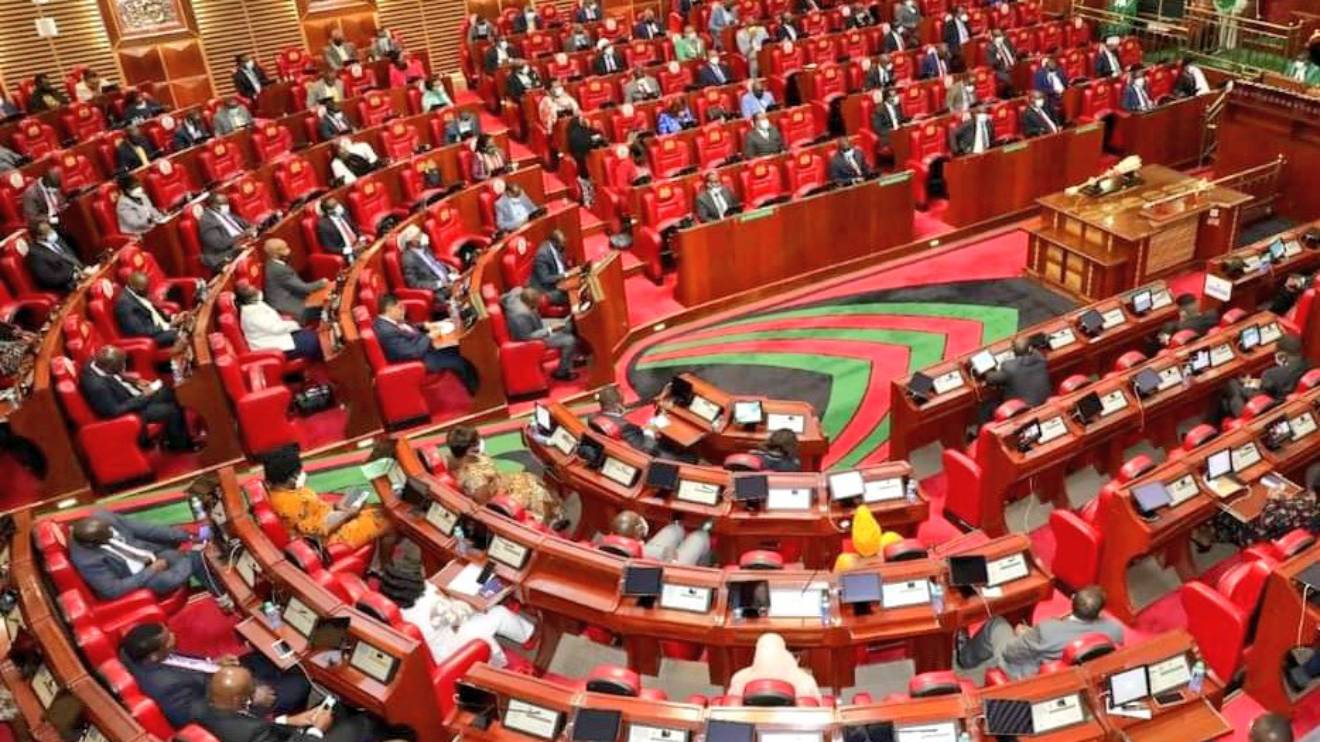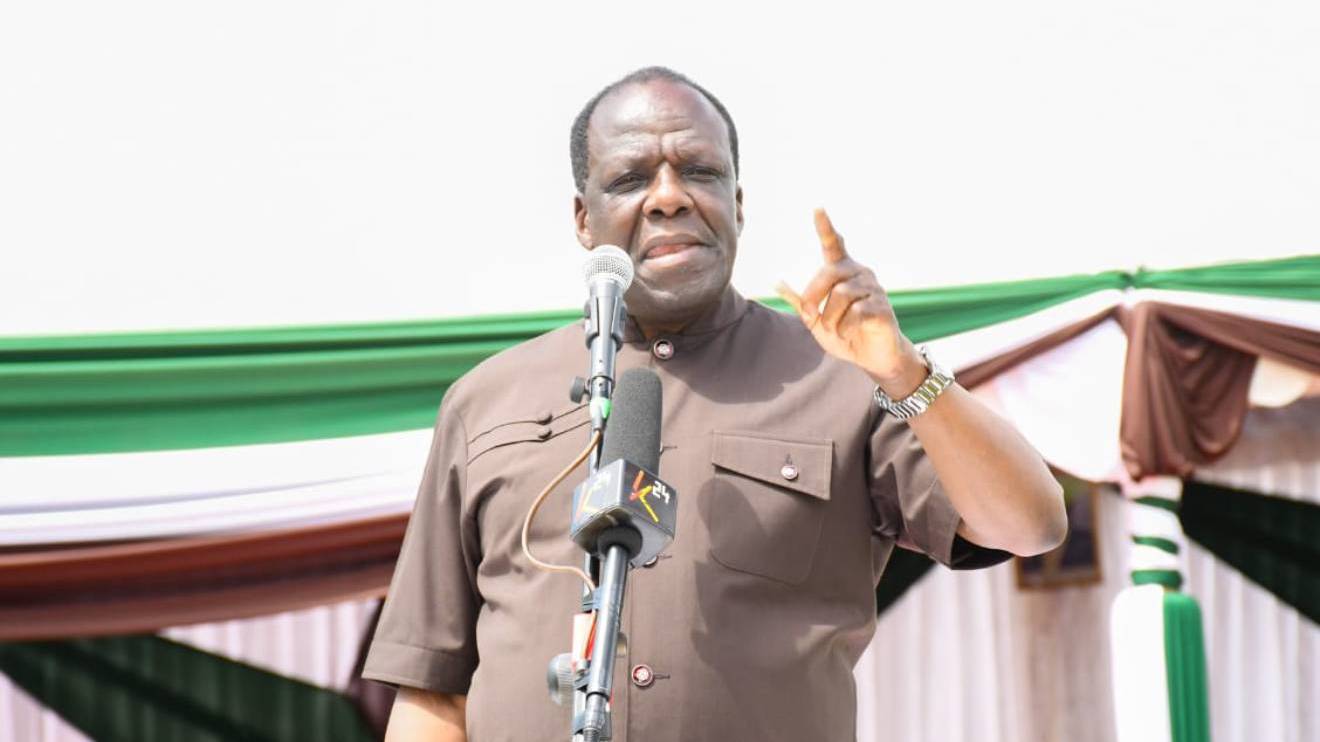Raila Odinga, the African Union (AU) High Representative for Infrastructure Development, has called on governments in Africa to prioritize infrastructure development projects.
Speaking during the three-day Development Partners Roundtable on Intergovernmental Authority on Development (IGAD) Regional Infrastructure, Raila said infrastructure is the most important enabler of trade among African countries.
The former PM said the regional priority projects need to be incorporated and prioritized in national development as well as Regional Economic Communities’ infrastructure plans.
He asked each country to play its role in realising meaningful regional integration.
“Africa’s infrastructure gap continues to remain wide and also continues to stifle the Continent’s socio-economic growth,” said Raila.
Read More
Raila noted that the IGAD Infrastructure Masterplan has highlighted short-term priority projects and that it included 61 projects in transport, 9 in Energy, 14 in ICT, and 5 in transboundary waterways.
The projects, according to Raila, needed to be implemented by 2024.
“To realize our potential in intra-Africa and regional trade, we must invest in appropriate transport, energy and ICT infrastructure as a matter of priority,” Raila said.
Raila added that Africa’s road network deficit is at a minimum of 60,000 kilometers by 2040 while the rail network gap is estimated at 30,000 kilometres in the same period.
He called for the urgent construction of 17 new airports and 7 seaports across the continent.
His sentiments were echoed by IGAD Executive Secretary Workneh Gebeyehu saying the roundtable themed "Interconnecting Member States for Regional Integration and Competitiveness," seeks to create awareness, build confidence and secure support for policy initiatives and priority investments in the IGAD Regional Infrastructure Master Plan (IRIMP).
“Our region is constrained by low stock of infrastructure and inadequate infrastructure shaves off at least 2 per cent of Africa’s annual economic growth. As a consequence, regional integration has fallen short of expectations,” said Workneh.
Gebeyehu added that the establishment of adequate infrastructure would lead to huge benefits in productivity by African companies of up to 40 per cent.

